Our Resilience Research
Since its formation in 2011, SomReP has invested efforts to improve its ability to measure resilience with the primary focus of remaining a consortium that continuously learns from its work with communities. During this time the concept of resilience was still formative with majority of the existing resilience measurement frameworks focusing on resilience to food security. As a result, most indicator frameworks based impact and outcome measures on food security indicators as proxy indicators to determine how well households were coping during periods of shock.
More central to the focus on food security were efforts to keep track of our impact resulting from interventions delivered that advocated for a shift from response focused programmes to more development focused funding.
Our research focuses on three main areas;
Point Resilience Research
Recurrent Monitoring
In-depth Resilience Reviews
Point Resilience Research
Our resilience research focuses on studying and understanding the capacity of beneficiaries reached through our interventions at the household, community level and systems, to adapt, recover, and thrive in the face of various challenges, shocks, or stressors experienced in the country. Through the research we seek to examine factors that contribute towards resilience while at the same time identifying strategies and interventions that enhance resilience and promote positive outcomes in the face of adversity as well as provide valuable insights for program improvement, accountability, and evidence-based decision-making.
Read and download our Annual Resilience Measurement 2023 Report
Read and download our Annual Resilience Measurement 2022 Report
Read and download our Annual Resilience Measurement 2021 Report
Recurrent Monitoring
In our design of an impact evaluation is the incorporation of systemic and periodic research assessments that assist capture intermediate changes that are happening at household and communities and different household trajectories on short intervals in the face of shocks or stressors to inform whether there is need for launching early action responses through our crisis modifier and other shock responsive actions.
Read and download our Post Emergency Response Monitoring 2022 Report
In-depth Resilience Reviews
Through action research, we aim to understand the factors that contribute to resilience among different population groups and develop effective actionable processes and interventions to build and strengthen resilience. We leverage on our research to identify their specific resilience needs and co-create interventions that address those needs. We recognize the importance of context by acknowledging that resilience is influenced by various factors including gender, social support systems, resource accessibility, and environmental resources.
Read and download our Gender and Inclusion Strategy
Read and download our Women Business Access to Finance Report



